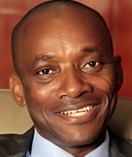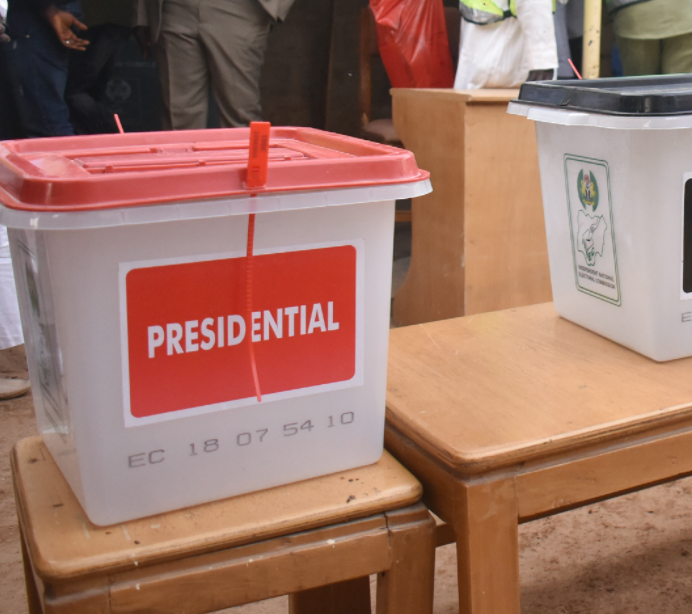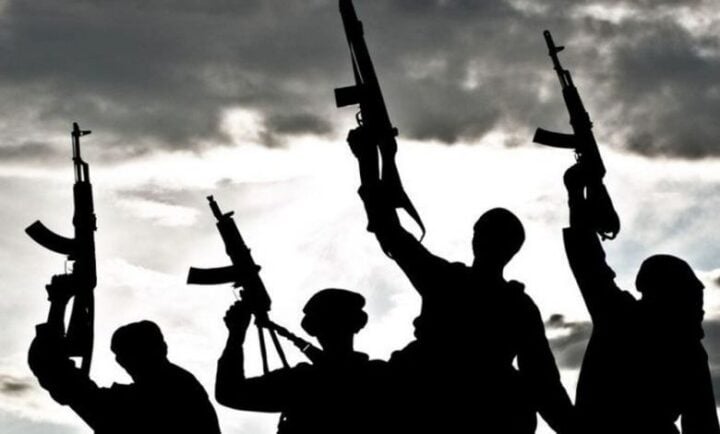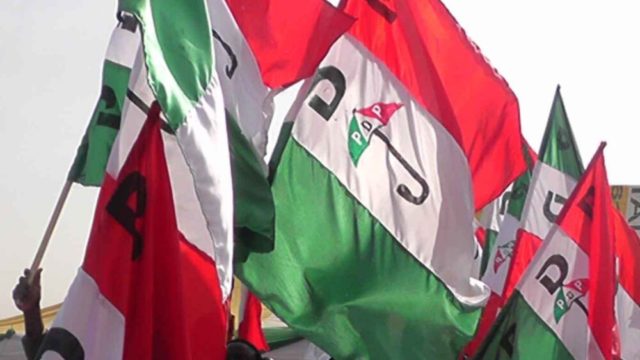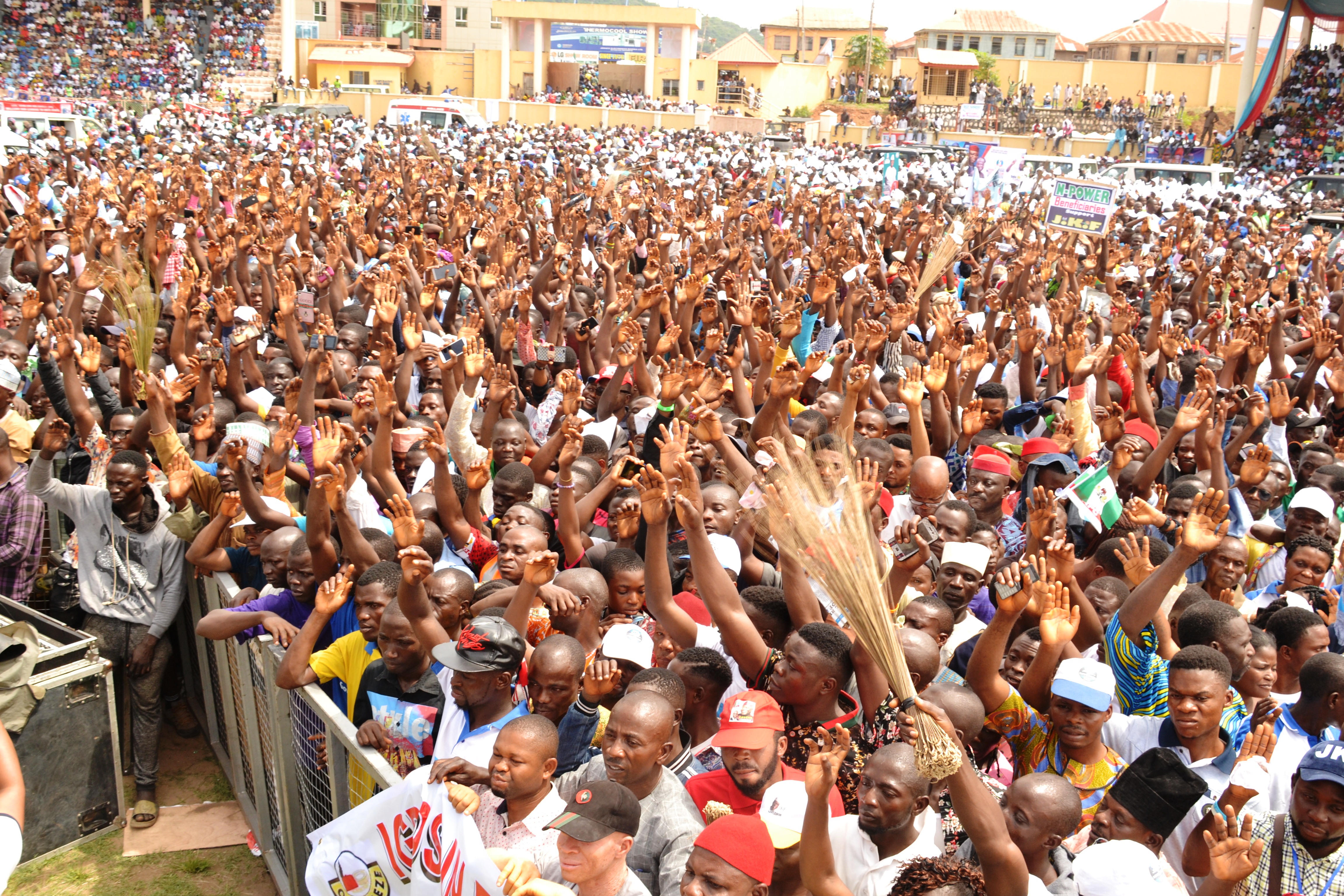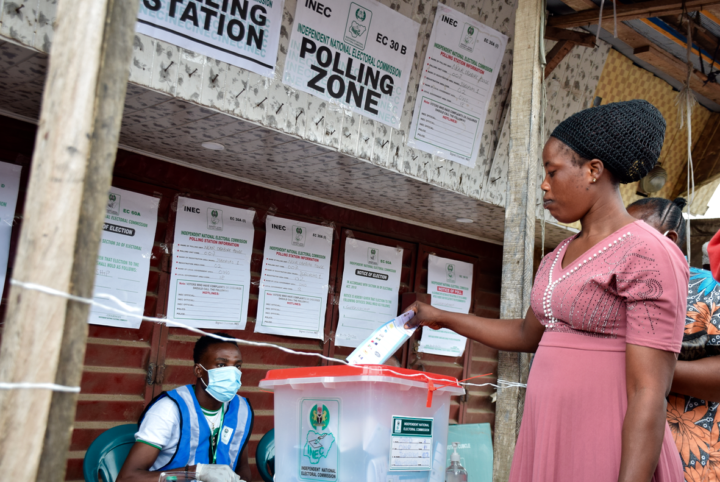As many politicians declare to run for the Nigerian presidency in 2023, we need to pause and pay attention to the hopeless prospect that Nigerians face beyond 2023.
We have seen several disruptions in the global political economy that have further damaged the institutional integrity of the Nigerian state. Nigeria was a fragile state even before 2015 when President Buhari replaced President Jonathan through a historic election that saw the defeat of a ruling party for the first time in Nigeria’s political history. The country was already in a tough battle with terrorists who declared their mission to turn Nigeria into an Islamic caliphate. The group, Boko Haram, is opposed to western education and democracy and pluralism. President Jonathan lost the 2015 presidential polls mostly on account of the politicisation of his inability to prevent suicide bombings by Boko Haram. President Buhari and his henchmen in the opposition APC created the impression that Jonathan hated the north and did not care enough to protect the lives of northerners, even as they accused his government of genocidal attacks against the terrorists who are northerners and Muslims.
Since 2015, things have gotten worse. Boko Haram and ISIL are in charge of many communities in northern Nigeria, collecting taxes like a legitimate government. Bandits are raiding communities at will, kidnapping, and killing many Nigerians. On average, more than 50 people are killed or kidnapped weekly by bandits. As of today, Nigeria has overtaken Iraq in the number of ISIL attacks. Recently, the Abuja-Kaduna train was derailed and attacked by terrorists, who killed about eight passengers and took tens away as hostages, including the chief executive officer of the Bank of Agriculture. There is generalised insecurity across Nigeria. Before, 2015, the south-east was declared the most peaceful region in Nigeria. Today, it is arguable as violent and insecure as the north-east.
On the economic front, Nigeria is worse than distressed. It has overborrowed and continues to borrow because it is suffering an acute decline in productivity, and therefore does not have enough revenue to finance development and sustain essential public services. Nigeria is a broken state, verging towards bankruptcy. At a point in 2019, Nigeria spent about 98% of its revenue to service its debts. That means for every N100, it spent N98 to service debt and just N2 to handle other expenditures. Nigeria is determined to borrow more because it is so broke that it may not even be able to pay salaries without borrowing.
Advertisement
The national grid collapses every now and then because it has actually collapsed. Before 2015, we had a distressed electricity market. Today, the electricity market has been wiped off by spiralling debts and poor leadership. The infrastructural deficits are compounding, even as terrorism and banditry increase the costs of protecting infrastructural facilities in Nigeria. About 100 million Nigeria are in acute poverty and over 50% of working-age youths either cannot find jobs or are underemployed. Food inflation is double-digit and increases in energy costs in the midst of stagnant or declining earnings mean that more Nigerian households will starve. More Nigerians are becoming poorer than any other people in Sub-Saharan Africa.
This is where Nigeria is now. It is the most uncomfortable spot it has been in many decades. It is a spot defined by extreme fragility and a vicious threat to its survival by political instability and economic stagnation. Poverty and decline in socio-economic wellbeing threaten the survival of the Nigerian state. Insecurity has become both a response to a failure to maintain the legal order of a democratic, secular state and evidence of chronic inability to produce social and economic goods for the people as required by the fundamental objectives and directive principles of state policy in Chapter 2 of the constitution. Insecurity in Nigeria is worst in the north of the country where neo-feudalism and neo-patrimony are in their acutest forms. That region suffers the gravest disempowerment and alienation from productive life.
The common expectation is that a country trapped in such distress would have drawn out the best and brightest of its citizens to aspire to the highest job of public leadership. You would not expect its worst and dumbest to be so intense in the quest to be president after a disastrous eight years of President Buhari. But as we look at the line-up of clueless, corrupt and conservative aspirants to the office of the president of Nigeria in 2023, it feels like either Nigeria is doomed or its peoples are asleep in the belly of a shipwreck.
Advertisement
The real diagnosis of Nigeria’s predicament is that it is trapped in a debilitating stasis. There is very little dynamism in Nigerian politics to drive a new momentum towards a productive and inclusive political economy. The tragedies that are buffeting the ship of state, as unruly as they are, cannot stop the carousing at the upper deck. Nigerian political elites are socially and economically removed from the devastating impacts of these buffetings. Nigeria’s electoral democracy has no incentives to force the ruling elites to pay attention to the destitution that public governance bestows on Nigerians.
The APC convention and the build-up to the PDP primaries tell one story. Nigeria is deeply lost in the politics of mediocrity and aristocracy. The problem though is that this aristocracy has no salvaging mission and is an unruly and rapacious aristocracy. Politics often trumps economics. This truth portends ill for Nigeria. Because Nigeria’s politics is a game of extreme self-interest and civic consciousness in Nigeria is low energy and dysfunctional (rendered more so by extreme poverty and increasing ethnic and religious divergencies), elections ordinarily do not hold any strong promise of redemption. This explains why in spite of the deep and pervasive corruption in the country, most of those showing up for the presidential contest are those officially declared as corrupt. It also explains why in spite of the deadly incompetence of the Buhari administration, human testaments of incompetence are confidently stepping out to replace him.
Nigeria is right at the spot where WB Yeats foresaw centuries ago: “The best lack all conviction, while the worst are full of passionate intensity”. In such a situation, you need a reset; you need to disrupt the destructive flow and begin to recreate a new future. Nigeria needs disruption and a reset. The big boys and girls, the corrupt mediocre, and their patrons and clients will not allow a reset. Unfortunately, they will be aided by the forces of neo-feudalism and neo-patrimony that have a chokehold on Nigeria. Together with ‘politics as usual’, they will likely make 2023 rather a further drop into the abyss of failure than a climb-out. May I be proved wrong.
Amadi is the director of Abuja School of Social and Political Thoughts
Advertisement
Views expressed by contributors are strictly personal and not of TheCable.
Add a comment
